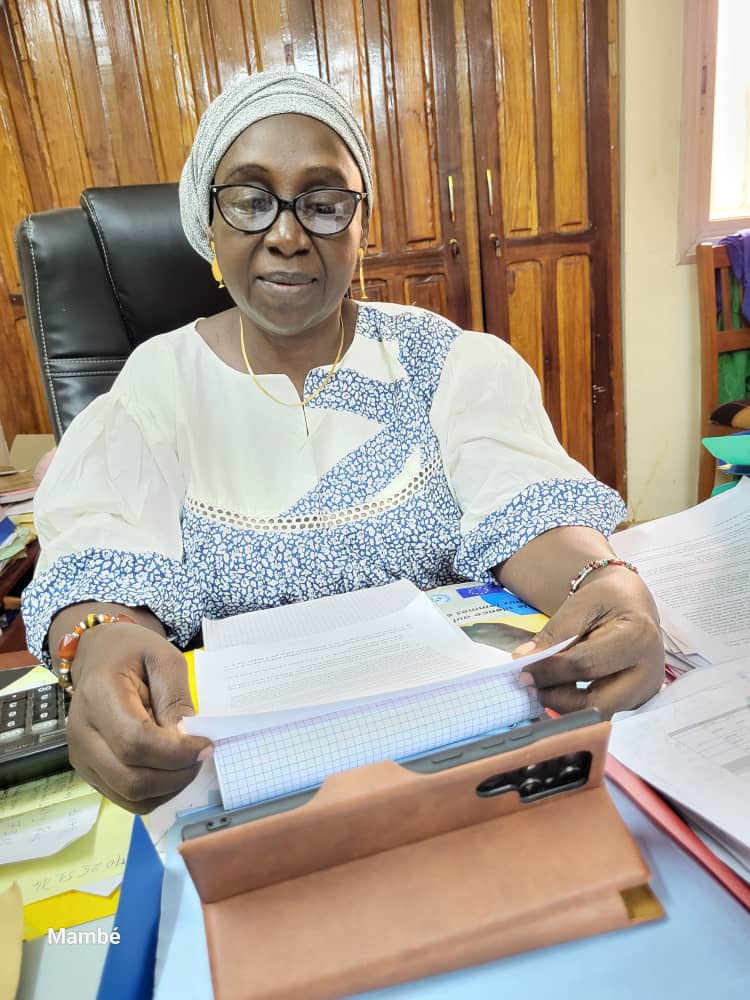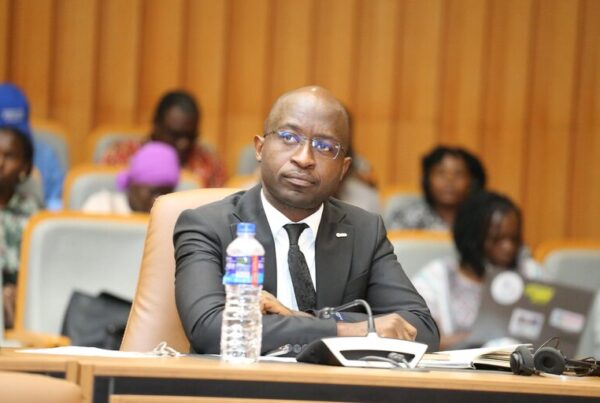Honourable Chairperson and Commissioners of the African Commission on Human and Peoples’ Rights,
Excellencies,
Honourable State Party Delegates,
Ladies and gentlemen,
Distinguished participants,
The Institute for Human Rights and Development in Africa congratulates the African Commission on Human and Peoples Rights on the holding of its 79th Ordinary Session.
IHRDA is a pan-African non-governmental organization with the mandate to protect and promote human rights and development in Africa.
In this regard, IHRDA and members of the Pool of Lawyers and Human Rights Defenders in Mali, welcome the opportunity to share concerns on the issues of female genital mutilation and early marriage, which are detrimental to the well-being of women and girls in Mali, as well as in several other African countries.
Like many other countries, Mali has no law criminalizing female genital mutilation (FGM) and child marriage, despite the ratification of several international conventions banning these harmful customary practices, discrimination, gender-based violence, economic inequality and limited access to education and healthcare. This leaves girls and women with no recourse or protection against these human rights violations. Mali’s National Demographic and Health Survey (EDSM, 2018) indicates that:
- 73% of girls aged 0-14 and 89% of women aged 15-49 are circumcised, despite the fact that this practice has serious consequences on their sexual and reproductive health;
- 14.3% of teenage girls aged 15-19 were married or in unions before they reached the age of 15.
In April 2021, IHRDA and its partners filed a case before the ECOWAS Court aimed at putting pressure on the Malian government to adopt a law and other measures to combat FGM in Mali. We would like to point out that a similar action was taken in July 2023 concerning the same issue against Sierra Leone.
In May 2018, IHRDA and its Malian partner Association pour le Progrès et le Défense de Droits des Femmes Maliennes (APDF) obtained a favorable ruling against Mali from the African Court of Human and Peoples’ Rights, recognizing violations of the provisions of the Maputo Protocol in relation to the age of marriage for young girls. Mali’s Personal and Family Code allows girls to marry at 16, whereas the Maputo Protocol and the African Charter on the Rights and Welfare of the Child set the age at 18. The Court therefore ordered Mali to revise the aforementioned law to comply with its international obligations under the aforementioned legal instruments; to raise public awareness of the provisions of these instruments; and to ensure their implementation. These provisions remain unfulfilled by the Malian government.
In addition, with the support of IHRDA, APDF works daily on the prevention and protection of women/girls against FGM and child marriage, as well as the empowerment of dropouts and out-of-school teenagers through training in promising sectors. These actions aim to contribute to the respect of children’s fundamental rights in Mali. As a result, in 2023, thanks to community mechanisms set up by the APDF, 109 girls aged 9-14 were saved from marriage before the age of 18 (46 in Bamako and 63 in Nioro du Sahel), and 32 girls aged 0-9 were protected from FGM (3 in Bamako and 29 in Nioro).
In this light, we solemnly reaffirm our commitment to the promotion and protection of the fundamental rights of women and children, particularly adolescent girls, in Mali and throughout Africa.
We urge the Commission to continue its dialogue with State parties to the Charter and to impress upon them the need to take legal and other measures to eradicate child marriage, FGM and other harmful practices against African girls.
We ask the Commission to urge Mali to:
- Comply with its international obligations under ratified legal instruments in relation to child marriage, in order to create an environment where every woman and girl can reach her full potential.
- Adopt legislative provisions prohibiting the practice of FGM.
Thank you for your attention.






